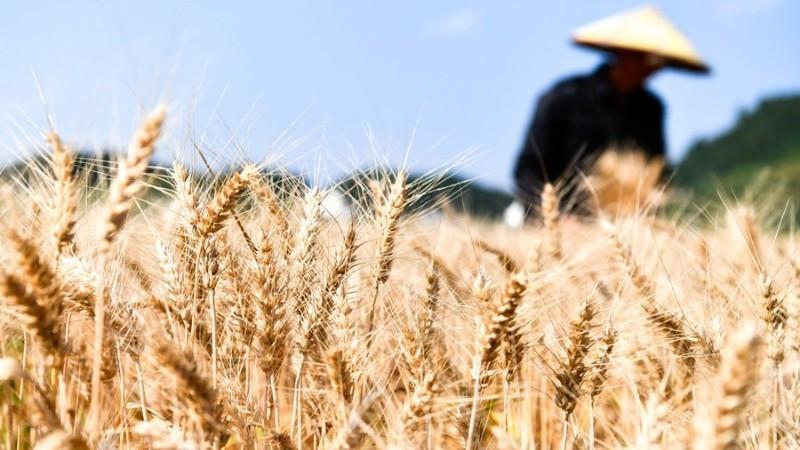
The UN Summit brought together political leaders from around the world, heads of UN agencies, international organizations, and representatives of the private sector and civil society.
The conference comes amid rising food insecurity in many parts of the world , with 8.2% of the global population, or some 673 million people, experiencing hunger. While this is the third consecutive year of decline in hunger, the overall picture remains worrying, with 2.3 billion people still living with moderate or severe food insecurity – an increase of 335 million compared to 2019, before the Covid-19 pandemic.
In Africa alone, the alarming situation is set to see the number of people unable to afford a healthy diet exceed 1 billion – about two-thirds of the continent’s population – by 2024. The rate of moderate or severe food insecurity in Africa is more than double the global average of 28%.
Worryingly, food prices are out of reach for many, with one-third of the world’s population now unable to afford a healthy diet, while one-third of the world’s food is lost or wasted. Food price “storms” erode purchasing power, threatening food security. Climate change and conflict are exacerbating hunger around the world.
Organizations warn that without price controls, millions of people, especially children, will face acute malnutrition and stunting. Prolonged droughts, unusual floods, and increased natural disasters have devastated crops in many areas, pushing food prices up sharply. Large fluctuations in commodity prices have severely affected consumers, especially low-income groups. Conflicts have disrupted supply chains, pushing many areas, especially the Horn of Africa, the Sahel, and the Middle East, to the brink of famine.
World leaders have stressed the view that food insecurity is a pressing global political and economic issue and a source of poverty, conflict, terrorism and forced migration. In this context, it is necessary to ensure financial flows for investment in agriculture, rural transformation, infrastructure and improved nutrition.
The Chairperson of the African Union Commission (AUC), Mahmoud Ali Youssouf, stressed the need to reform the global food system to address urgent challenges to sustainable development. In efforts to reform the food system, countries need to strengthen cooperation and mobilize finance and investment to accelerate action towards the United Nations Sustainable Development Goals.
In a video message to the conference, UN Secretary-General Antonio Guterres also stressed the urgency of realizing shared commitments to ensure global food systems that are inclusive, sustainable, equitable, resilient and based on human rights.
Faced with geopolitical challenges and climate change putting great pressure on the global food system, the message that leaders delivered through the recent conference in Ethiopia was to affirm their shared responsibility in building a healthy and sustainable food system to better withstand future shocks, prevent hunger, ensure food security and achieve sustainable development goals.
Updated 8/1/2025
Source: https://laichau.gov.vn/tin-tuc-su-kien/chuyen-de/tin-trong-nuoc/-bai-toan-kho-ve-an-ninh-luong-thuc.html



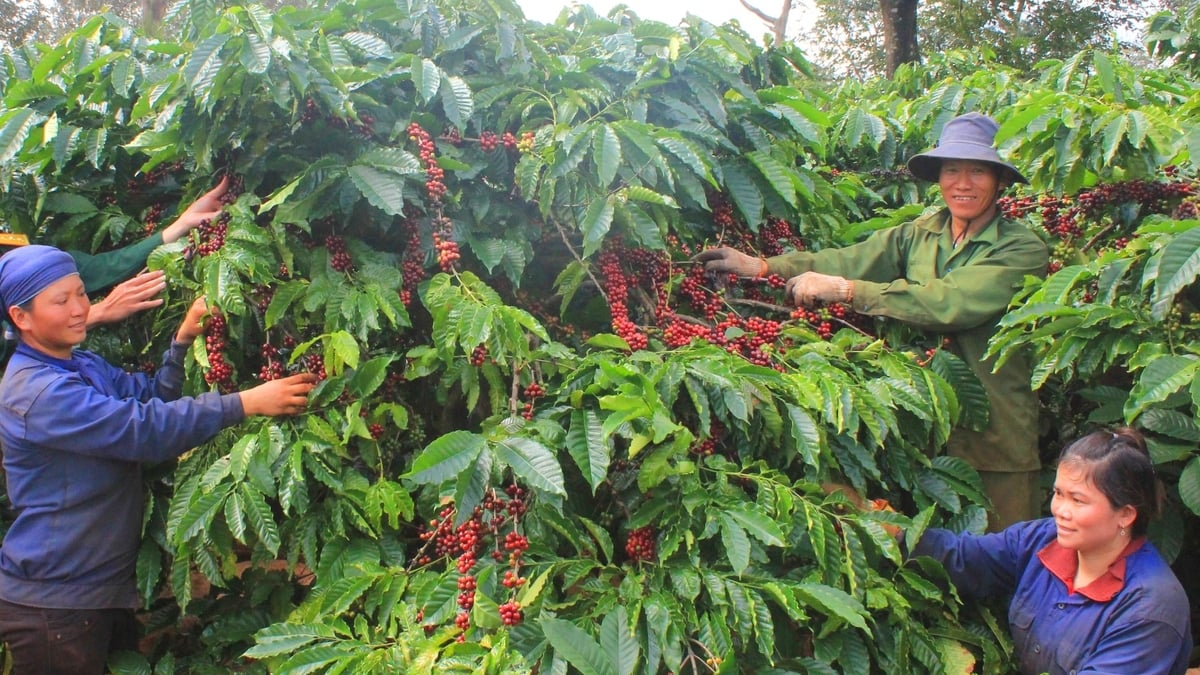
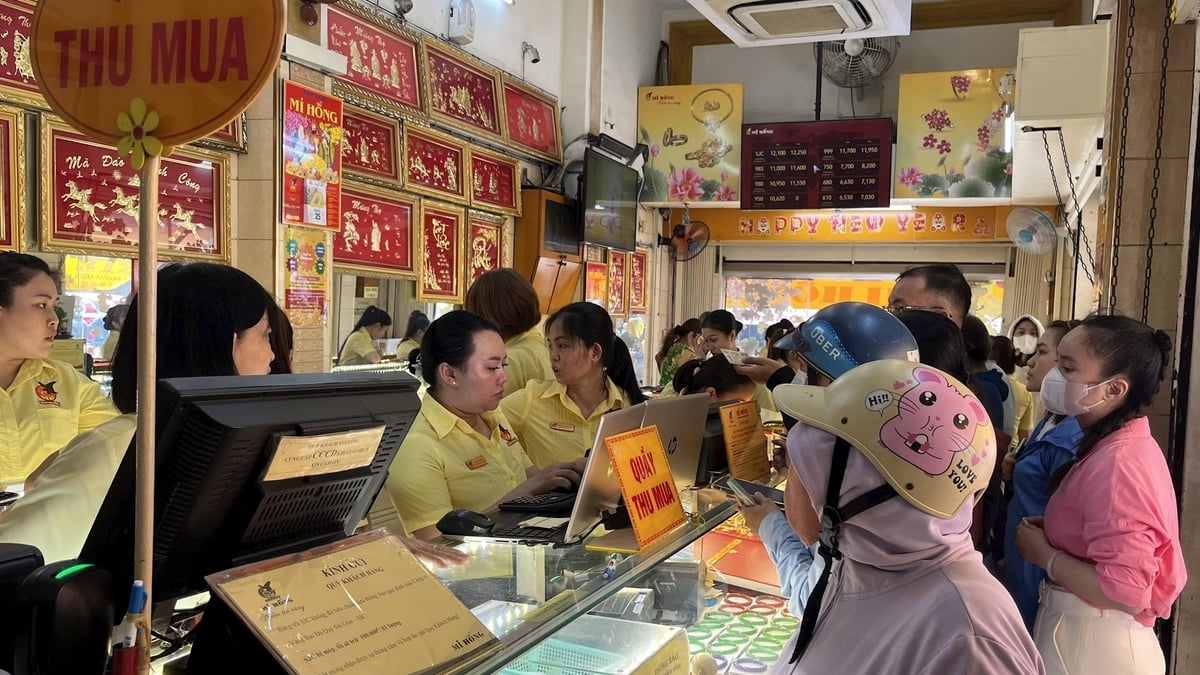
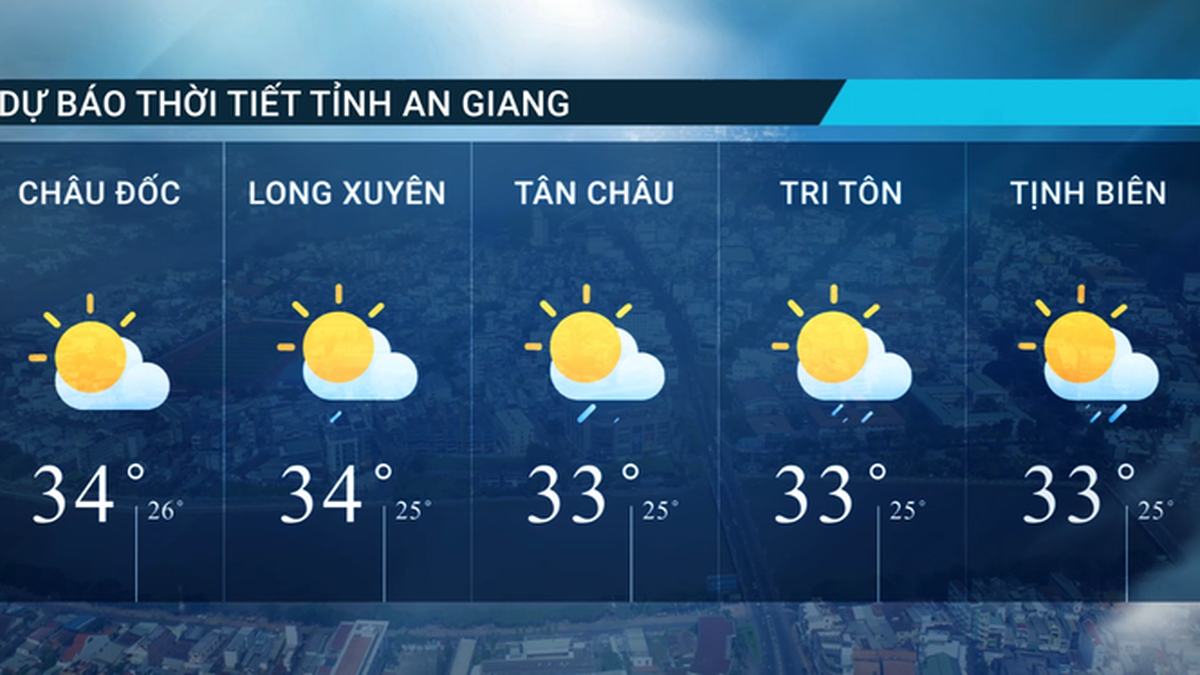

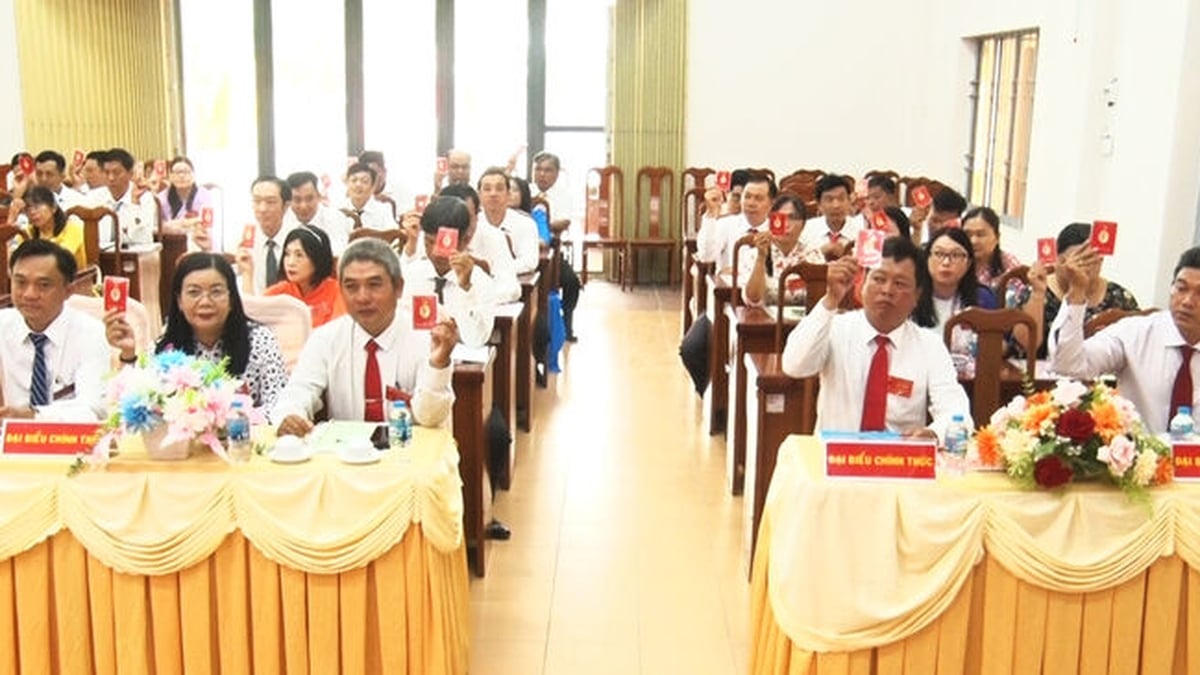

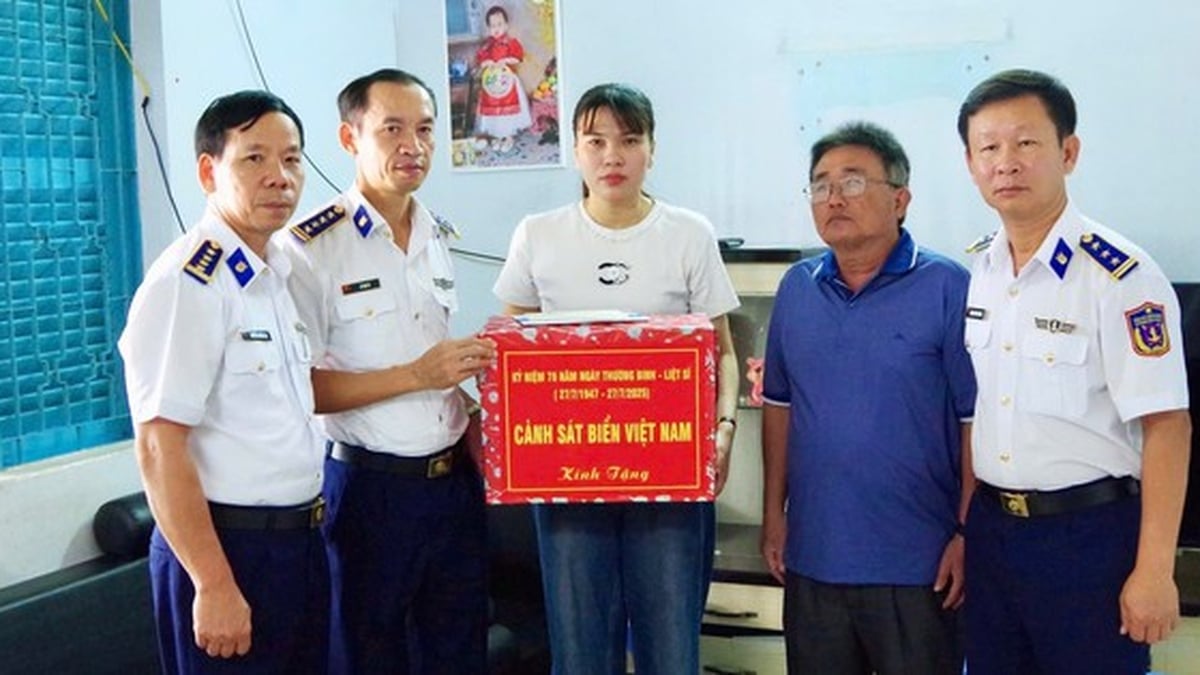






















































































Comment (0)